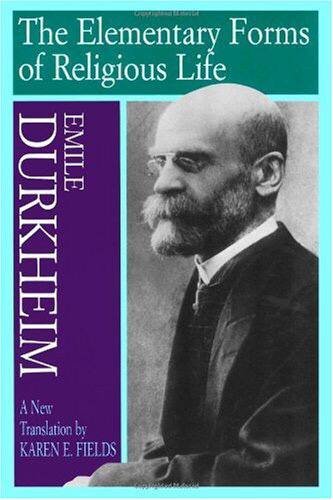

summary of The Elementary Forms of Religious Life by Émile Durkheim:
Émile Durkheim’s The Elementary Forms of Religious Life is a foundational text in sociology that seeks to explain the origins and social functions of religion by examining the most “elementary” and supposedly least complex religious systems, particularly those of Australian Aboriginal societies. Durkheim argues that religion is not simply a set of supernatural beliefs but a social phenomenon rooted in the collective life of communities. Central to his theory is the distinction between the sacred and the profane: the sacred represents things set apart and revered, while the profane encompasses the ordinary, everyday world. Through rituals, symbols, and totems, societies project their collective values and identity onto the sacred, creating gods that are, in essence, representations of society itself. Thus, when people worship their gods, they are unknowingly venerating their own social community and its moral order. Religion, in this sense, serves as the glue that binds individuals together, reinforcing solidarity, shared identity, and collective norms. Durkheim also explores how rituals reinforce emotional bonds, generate a sense of the transcendent, and give meaning to individual lives by connecting them to something greater. Importantly, he emphasizes that even in secular or modern contexts, the social functions of religion persist: nationalism, civic rituals, and other symbolic practices often play a similar role in sustaining collective identity. Ultimately, The Elementary Forms of Religious Life is both an origin study of religion and a broader theory of how collective beliefs and practices shape the moral fabric of society, suggesting that religion—whether supernatural or secular—is indispensable to understanding human social life.























.jpeg)
.jpg)

.jpg)










.jpg)



.jpeg)




.jpeg)





.jpg)





.jpeg)

.jpg)







.jpg)










.jpg)
.jpg)


.jpeg)

.png)






